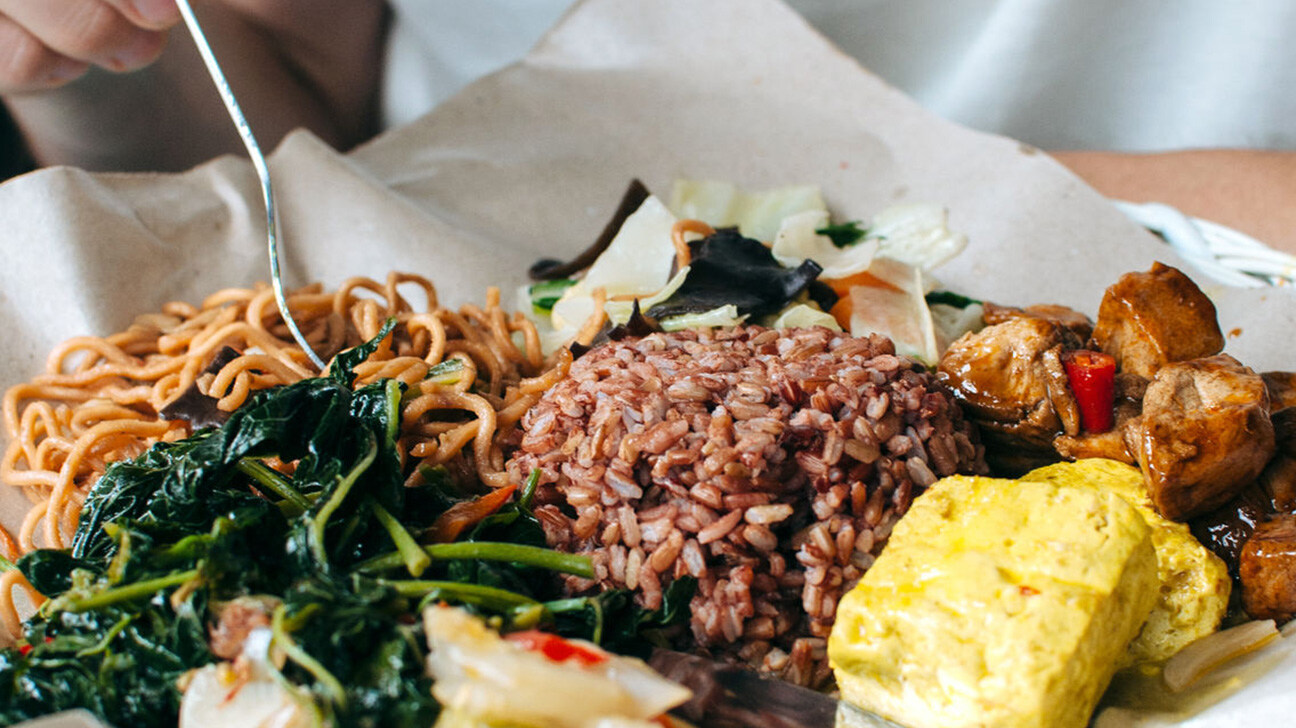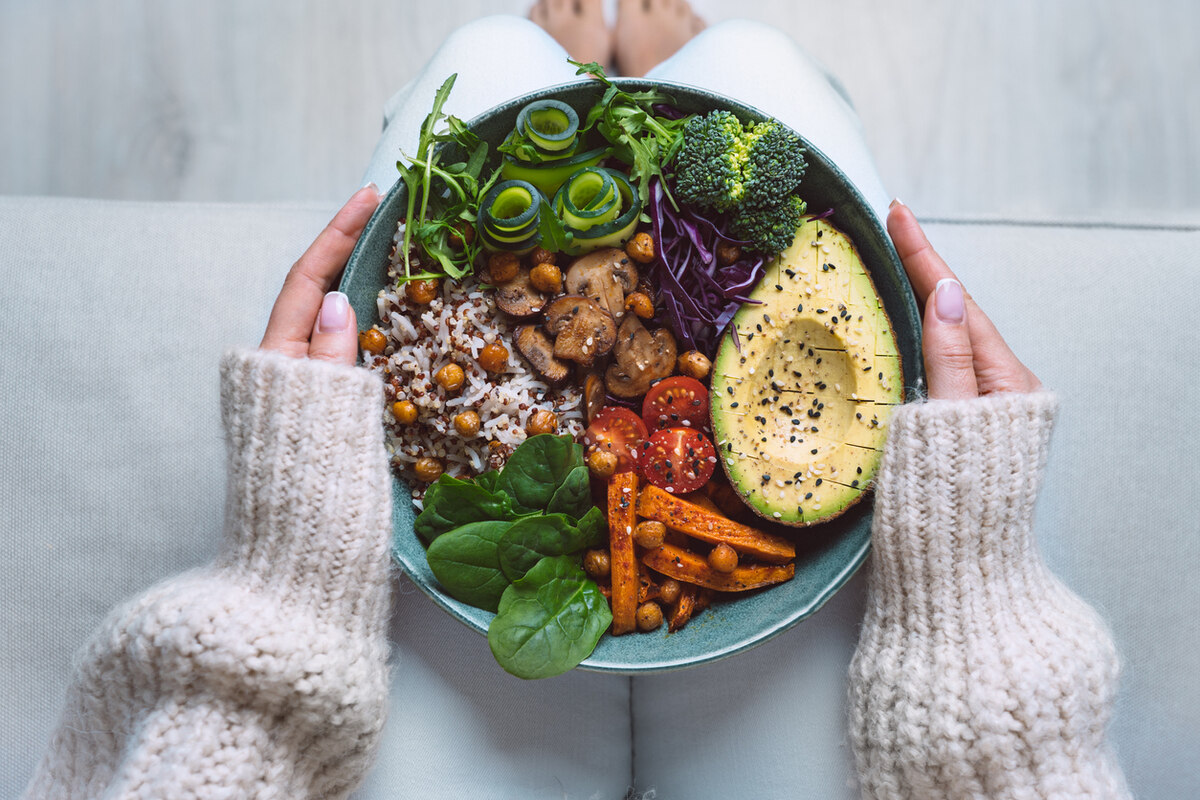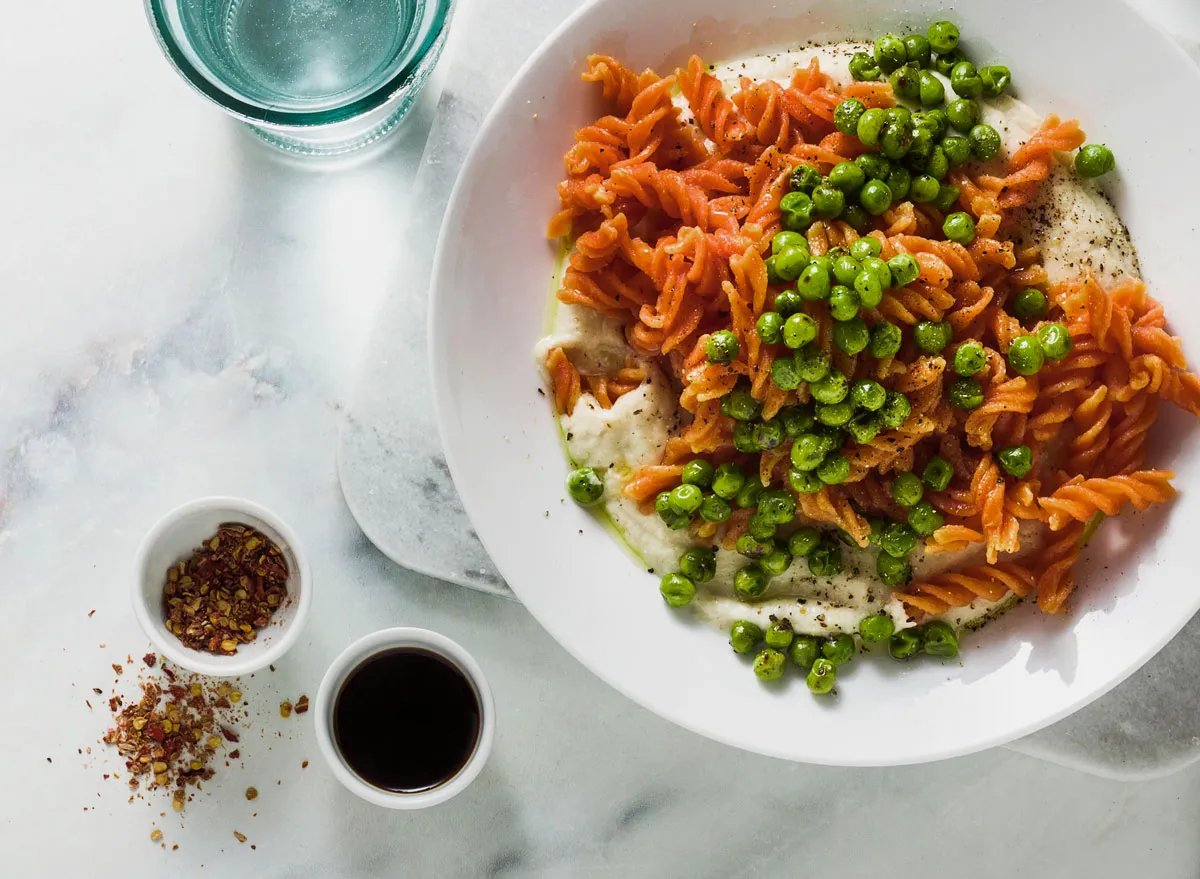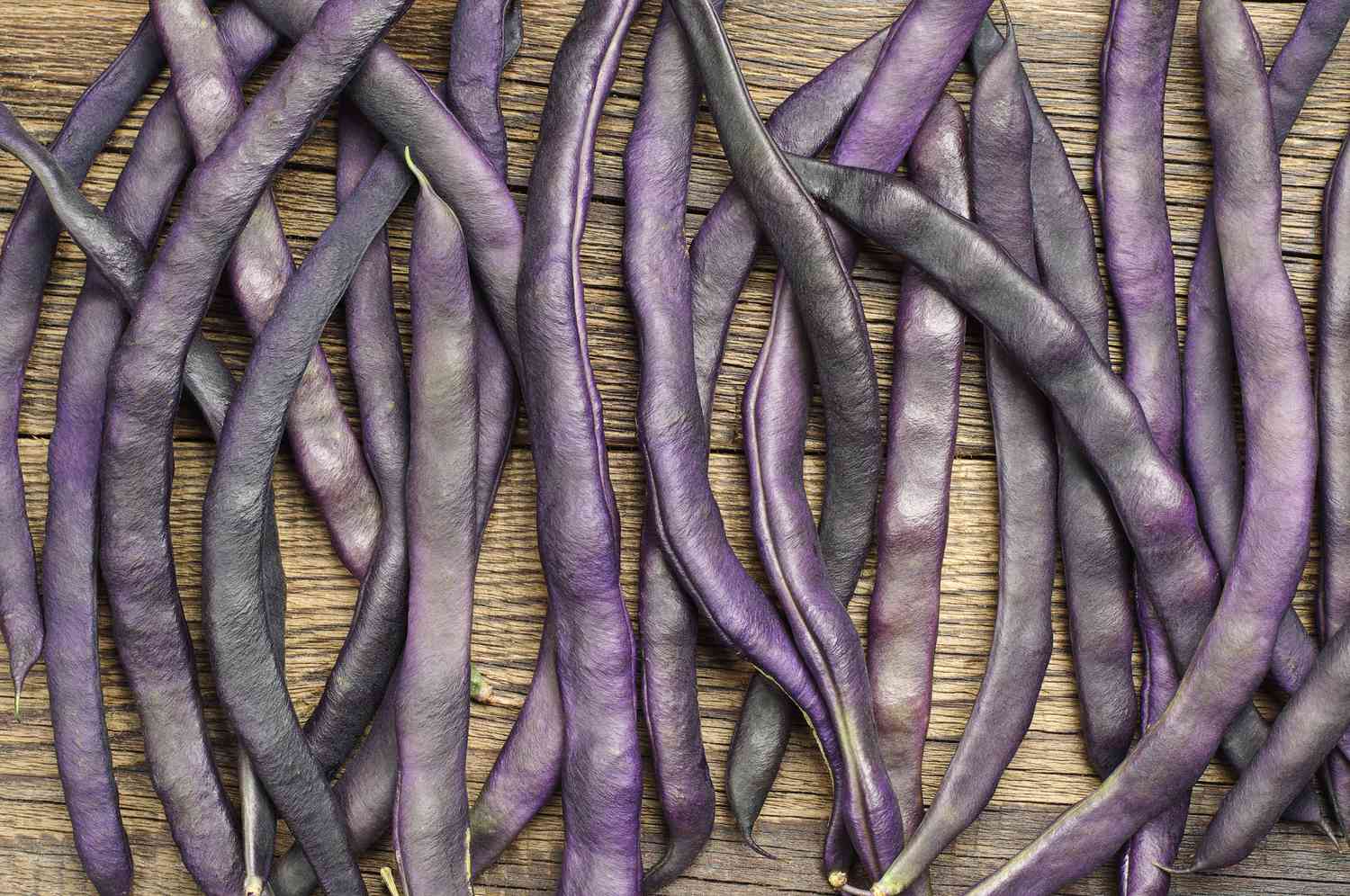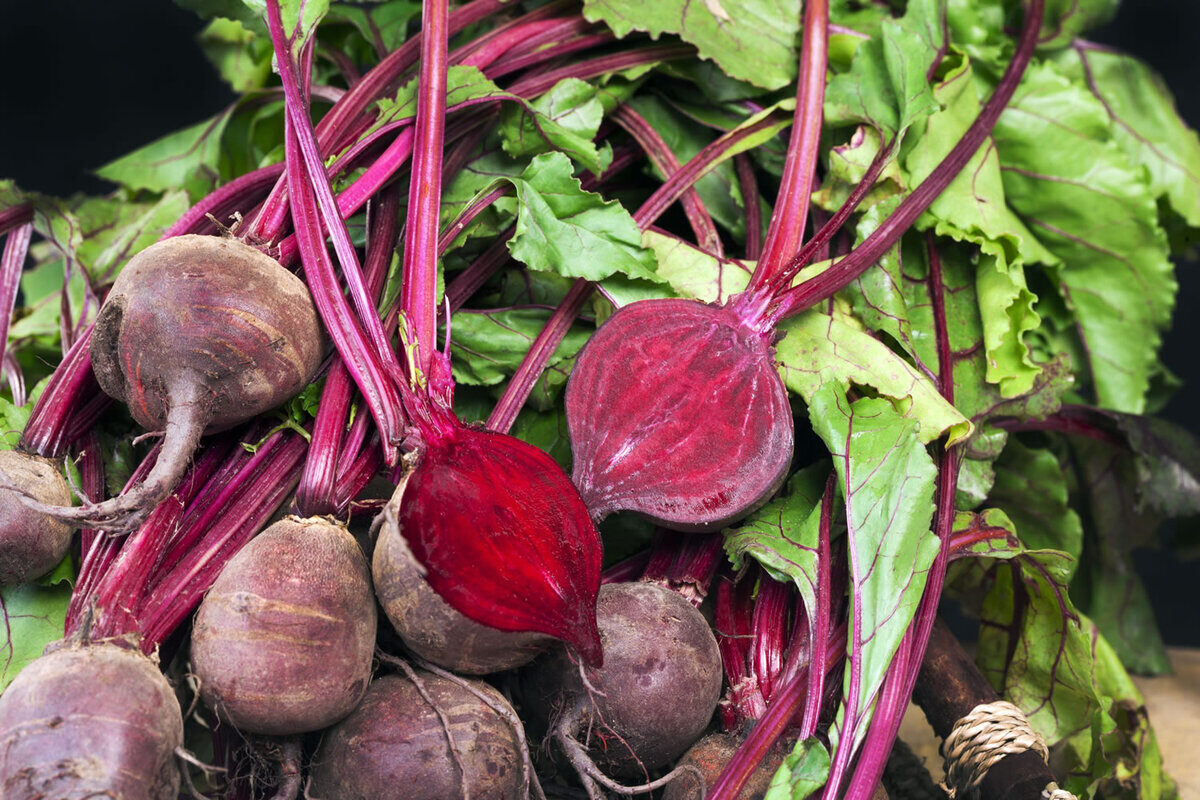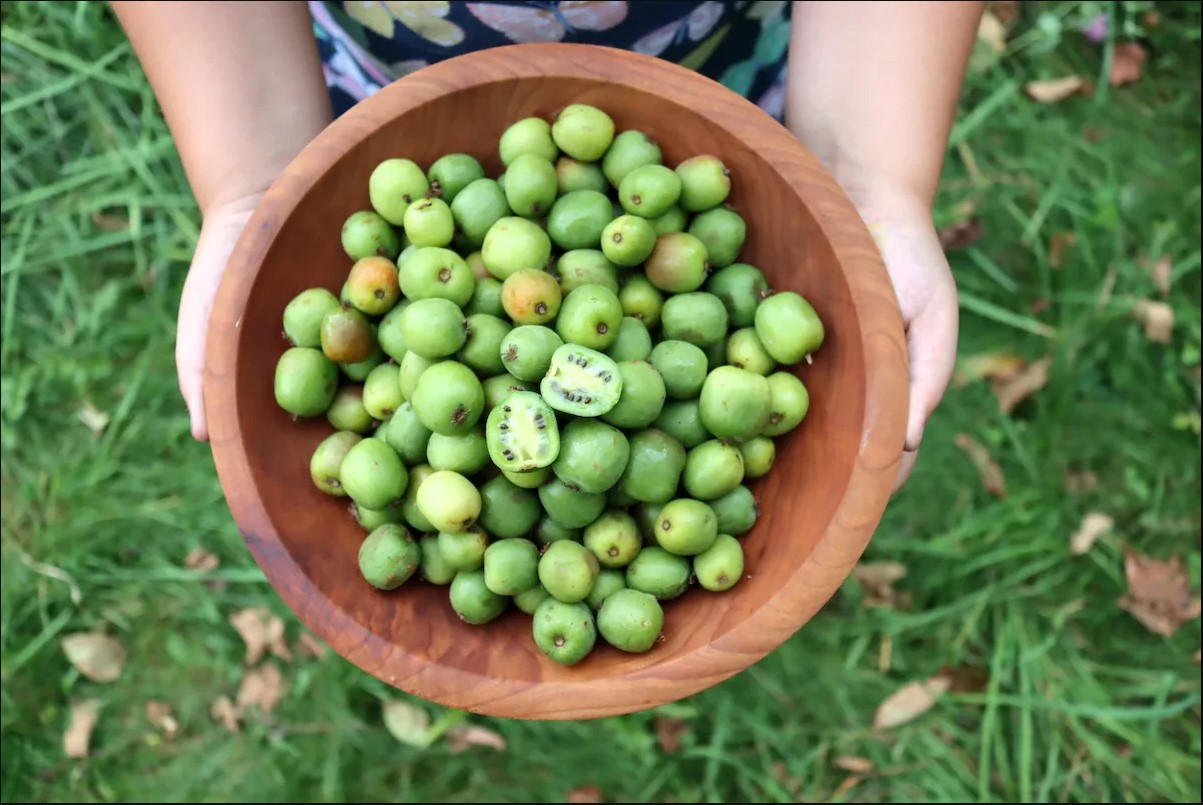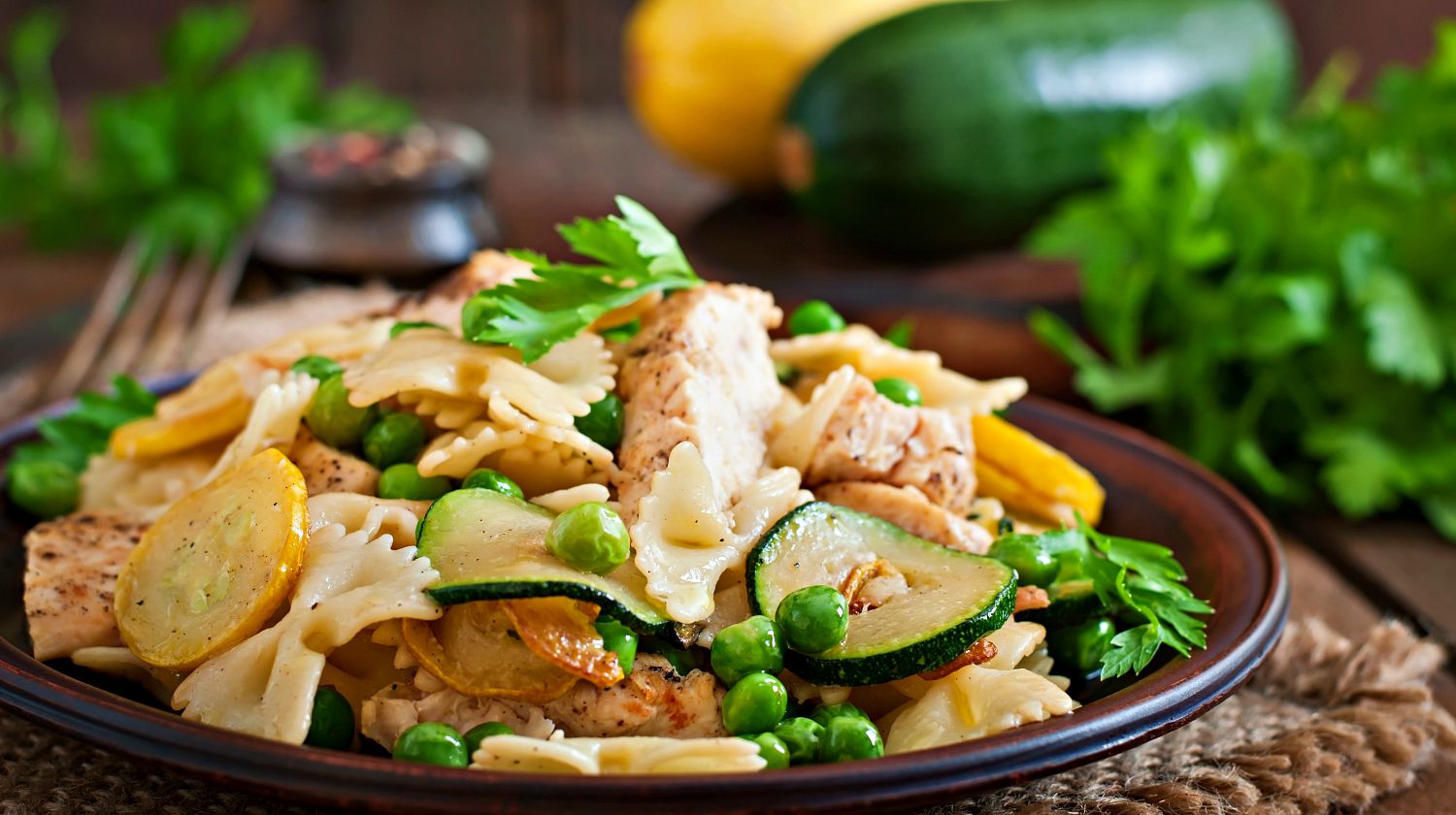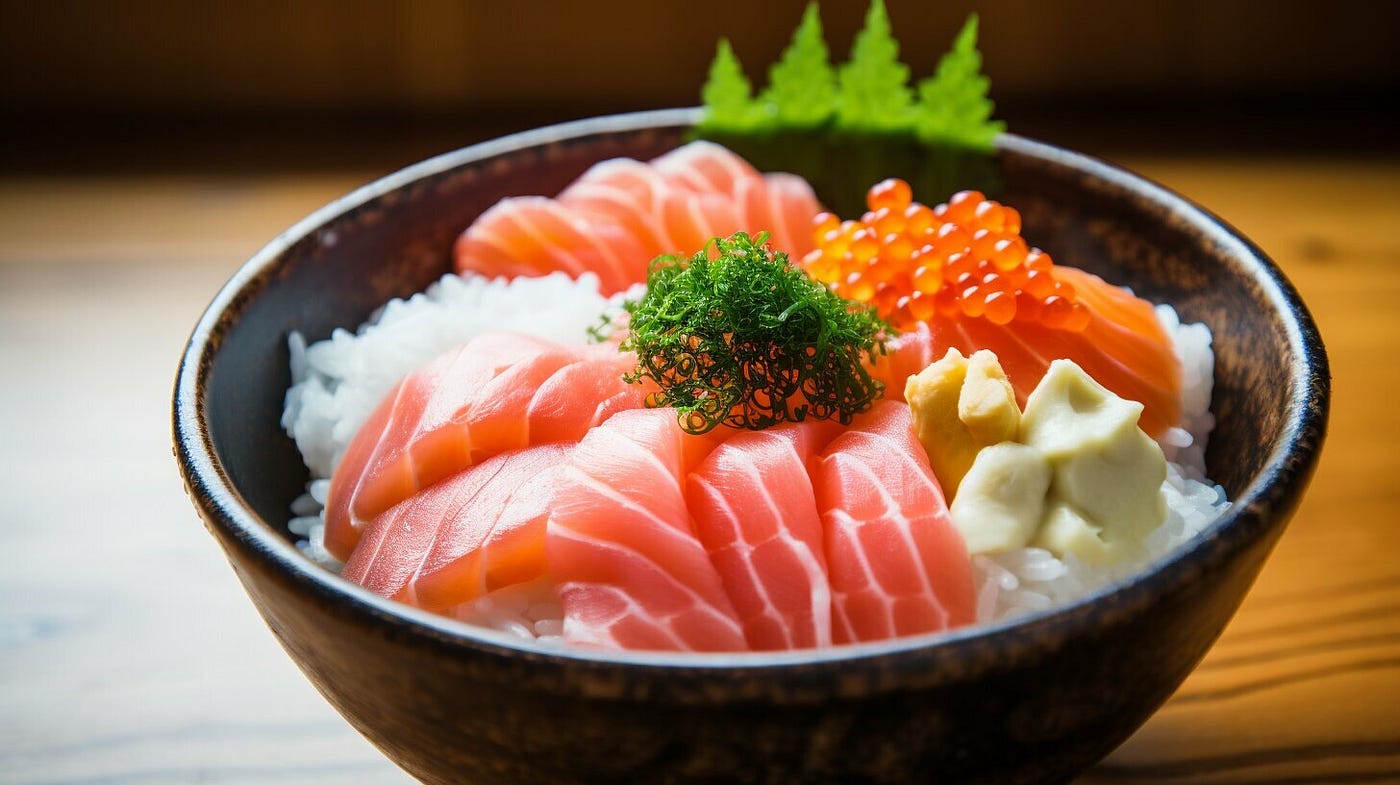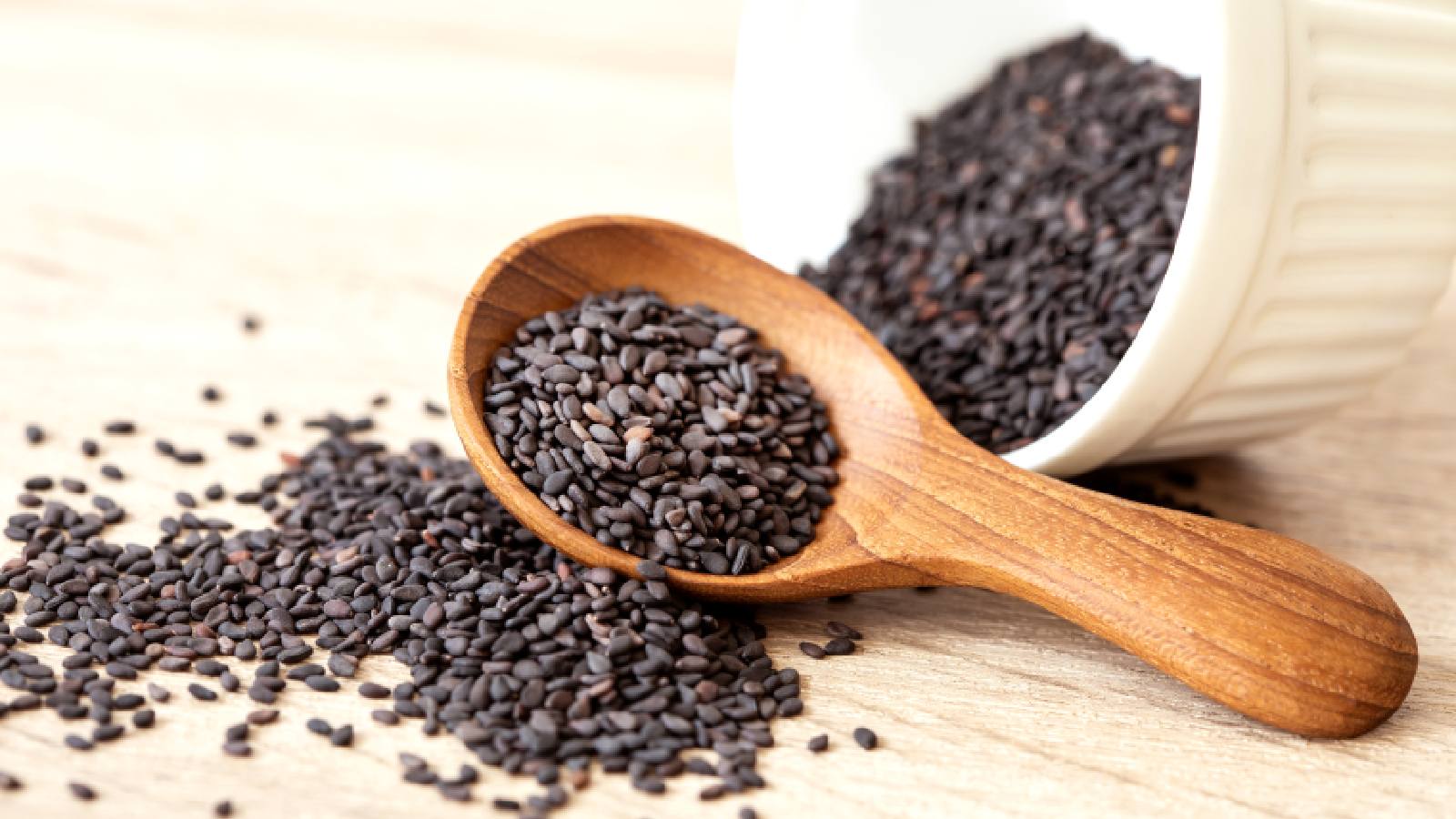How to Easily Consume 175g of Protein Every Day
Protein is an essential nutrient that plays a crucial role in building and repairing tissues, producing enzymes and hormones, and supporting a healthy immune system. For those looking to increase their protein intake to 175g per day, it may seem like a daunting task. However, with some strategic planning and smart food choices, it is entirely achievable. Here are some practical tips to help you reach your protein goals without feeling overwhelmed.
1. Start Your Day with a Protein-Packed Breakfast
Breakfast is the perfect opportunity to kickstart your protein intake for the day. Opt for eggs, Greek yogurt, or a protein smoothie made with protein powder and nut butter. These options are not only delicious but also high in protein, setting the tone for the rest of the day.
2. Incorporate Lean Protein Sources into Every Meal
When planning your meals, make sure to include a source of lean protein such as chicken breast, turkey, fish, tofu, or legumes. These options are low in fat and high in protein, making them ideal for reaching your daily target.
3. Snack Smart with Protein-Rich Foods
Instead of reaching for sugary or carb-heavy snacks, opt for protein-rich options such as almonds, cottage cheese, or jerky. These snacks not only satisfy hunger but also contribute to your overall protein intake for the day.
4. Use Protein Supplements When Necessary
Sometimes, it can be challenging to consume all your protein through whole foods alone. In such cases, protein supplements such as whey protein or plant-based protein powders can be convenient options to help you meet your daily protein requirements.
5. Plan and Prep Your Meals in Advance
Meal prepping can be a game-changer when it comes to reaching your protein goals. By planning and preparing your meals in advance, you can ensure that each meal is protein-rich and aligned with your daily target.
6. Don’t Forget About Protein-Rich Beverages
While food is the primary source of protein, beverages can also contribute to your daily intake. Consider incorporating protein shakes or protein-fortified beverages into your daily routine to boost your protein consumption.
7. Experiment with New Recipes and Ingredients
Sticking to the same protein sources can get monotonous. Keep things exciting by experimenting with new recipes and ingredients. Whether it’s trying a new type of fish or incorporating quinoa into your meals, variety can make meeting your protein goals more enjoyable.
By implementing these strategies and staying mindful of your protein intake throughout the day, consuming 175g of protein can be a realistic and achievable goal. Remember to listen to your body’s needs and make adjustments as necessary, and soon enough, reaching your daily protein target will become second nature.
More Delicious High-Protein Recipes to Try
For those looking to incorporate a high-protein diet into their daily routine, the recipes listed provide a delicious and diverse way to achieve your nutritional goals. Recipes like Grilled Chicken Caesar Salad Guide and Smoked Salmon and Avocado Toast Guide are perfect for quick, nutritious meals that don’t compromise on flavor. For a dinner option, why not try the Beef and Broccoli Stir-Fry Guide, which combines lean protein with the health benefits of broccoli? If you're experimenting with plant-based proteins, the Vegan Tempeh Taco Bowl Guide comes highly recommended for its balanced flavors and satisfying texture. Each recipe is designed to help maintain protein intake while keeping meals exciting and varied.
